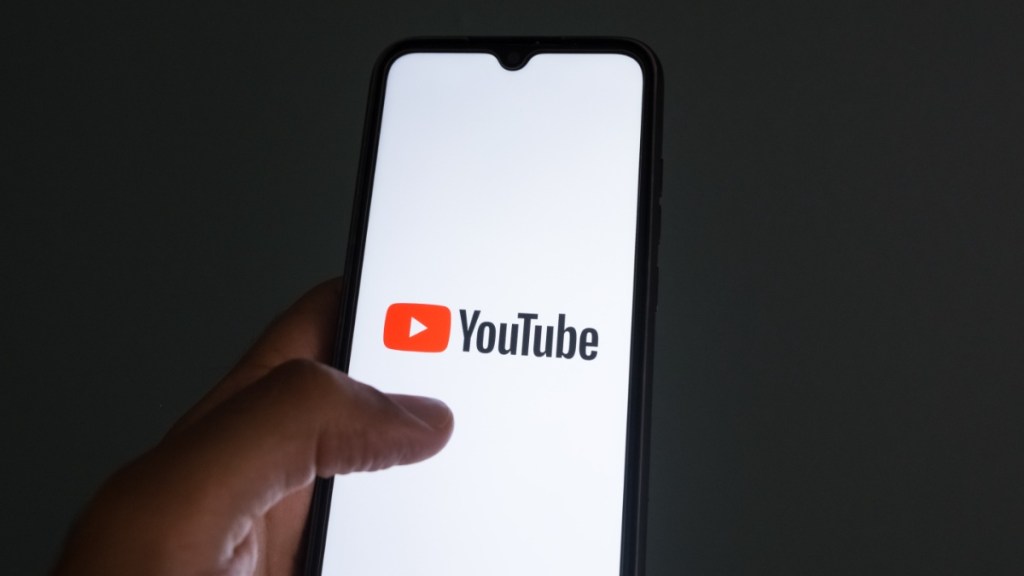YouTube is set to test a new AI-powered system in the U.S. that will help determine user ages and apply certain protections. The technology will assess various signals to identify younger viewers and adjust their experience accordingly. If the trials prove effective, the approach could see wider adoption.
Here’s what we know so far about YouTube’s upcoming AI age verification tests.
How will YouTube verify age using AI?
YouTube will begin testing an AI-powered age verification system in the U.S. It uses machine learning to estimate if a logged-in viewer is over or under 18.
The technology analyzes signals such as the types of videos a user searches for, the categories they watch, and the account’s age. It does this regardless of the birth date entered at signup. If the system determines a user is under 18, YouTube will apply protections. These include disabling personalized advertising, enabling digital wellbeing tools, and limiting certain video recommendations.
The pilot will initially reach only a small portion of U.S. users, with a broader rollout planned if it matches the accuracy seen in other markets. The safeguards will also include reminders to take breaks, privacy alerts, and restrictions on repetitive content. People watching without logging in will automatically face some content blocks unless they provide proof of age.
If the AI incorrectly flags someone as under 18, they can verify their age using a government-issued ID, a credit card, or a selfie. Only users verified or inferred to be over 18 will have access to age-restricted videos. “We’ll closely monitor this before we roll it out more widely,” said James Beser, YouTube’s director of product management. He added, “This technology allows us to deliver safety protections while preserving teen privacy.”
The move comes amid growing U.S. political pressure on online platforms to improve age checks. This follows the Supreme Court’s decision to uphold a Texas law aimed at blocking minors from viewing pornography.
While YouTube has strengthened verification, some companies say Apple and Google’s app stores should take more responsibility, a stance both reject. Digital rights groups, including the Electronic Frontier Foundation and the Center for Democracy & Technology, warn of privacy and free speech risks.










